Gorgias Studies in Classical and Late Antiquity
Publisher: Gorgias Press
Series Editorial Board: Johannes Niehoff-Panagiotidis (Chair) Freie Universität Berlin Ulrike-Rebekka Nieten, Freie Universität Berlin Adrian Pirtea, University of Vienna Irene Schneider, University of Göttingen Manolis Ulbricht, University of GöttingenSeries Editorial Board: Johannes Niehoff-Panagiotidis (Chair) Freie Universität Berlin Ulrike-Rebekka Nieten, Freie Universität Berlin Adrian Pirtea, University of Vienna Irene Schneider, University of Göttingen Manolis Ulbricht, University of GöttingenSeries Editorial Board: Johannes Niehoff-Panagiotidis (Chair) Freie Universität Berlin Ulrike-Rebekka Nieten, Freie Universität Berlin Adrian Pirtea, University of Vienna Irene Schneider, University of Göttingen Manolis Ulbricht, University of GöttingenSeries Editorial Board: Johannes Niehoff-Panagiotidis (Chair) Freie Universität Berlin Ulrike-Rebekka Nieten, Freie Universität Berlin Adrian Pirtea, University of Vienna Irene Schneider, University of Göttingen Manolis Ulbricht, University of Göttingen
The Gorgias Classical & Late Antiquity series publishes monographs, edited volumes and translations on the Greco-Roman world and its transition into Late Antiquity, encompassing political and social structures, knowledge and educational ideals, art, architecture and literature.The Gorgias Classical & Late Antiquity series publishes monographs, edited volumes and translations on the Greco-Roman world and its transition into Late Antiquity, encompassing political and social structures, knowledge and educational ideals, art, architecture and literature.The Gorgias Classical & Late Antiquity series publishes monographs, edited volumes and translations on the Greco-Roman world and its transition into Late Antiquity, encompassing political and social structures, knowledge and educational ideals, art, architecture and literature.The Gorgias Classical & Late Antiquity series publishes monographs, edited volumes and translations on the Greco-Roman world and its transition into Late Antiquity, encompassing political and social structures, knowledge and educational ideals, art, architecture and literature.
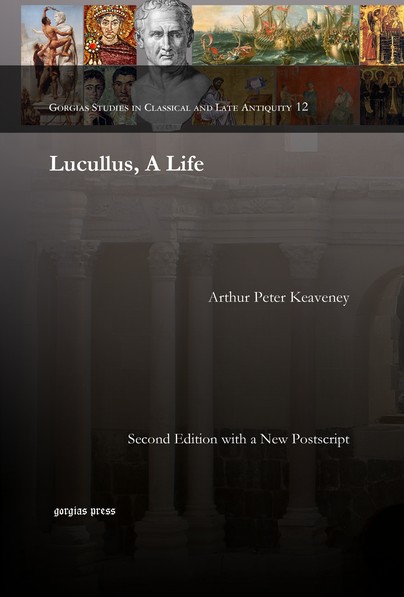
Format: Hardback
Pages: 344
ISBN: 9781607240785
Pub Date: 14 Aug 2013
Description:
While Lucullus is one of the great figures of the late Roman republic, his achievements have been overshadowed by a reputation for luxurious living. This book explodes the legend and restores Lucullus to his true position as soldier, politician and aesthete.

Format: Hardback
Pages: 958
ISBN: 9781611434873
Pub Date: 01 Aug 2013
Description:
Between 91 and 77 BCE a series of wars were fought in Italy which left the Roman commonwealth in shambles and involved efforts on the part of Rome’s non-citizen Italian allies to obtain the rights of Roman citizenship. This is a survey of the allies' quest for citizenship in the Republic, the reasons it was sought, the often violent measures they took to acquire it, and the impact this quest had on the Roman state.
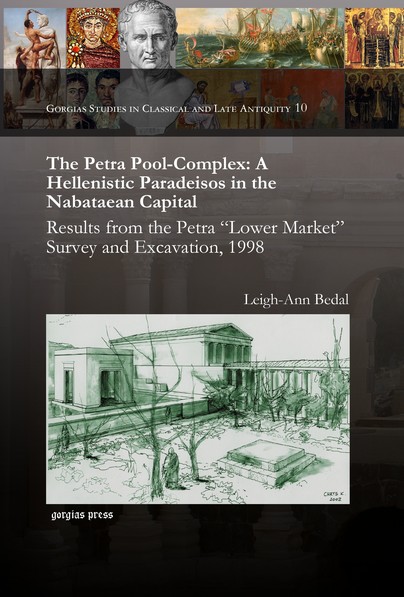
Format: Hardback
Pages: 298
ISBN: 9781593331207
Pub Date: 05 Jul 2013
Description:
Excavations in the Lower Market in Petra (Jordan), capital of the ancient kingdom of Nabsataea, uncovered the remnants of a monumental pool-complex at the heart of the ancient city. It played an important role in the socio-political life of Petra during the Nabataean and Roman periods. The mere presence of a paradeidos in Petra symbolized the Nabataean king's power and helped to legitimize his place among contemporary rulers.
The paradeisos is an example of a gratuitous display of conspicuous consumption, a symbol of the flourishing status of Petra during its Classical era.
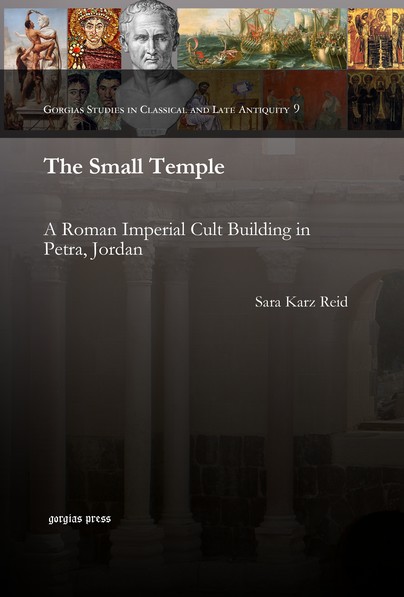
Format: Hardback
Pages: 252
ISBN: 9781463202347
Pub Date: 18 Jun 2013
Description:
Excavation of the Small Temple of Petra, Jordan has revealed a Roman building likely dedicated to the imperial cult. Constructed in the wake of Roman annexation of Nabataea in 106 CE, the temple would have helped to solidify Roman control. Reid systematically examines the evidence used to support the identification of the Small Temple as an imperial cult building through the discussion of its prominent use of marble, a material with Roman imperial associations and almost entirely monopolized by the bureaucracy of the Roman Empire.
The analysis of architectural evidence, as well as the placement of the Small Temple within the city, also support this identification.
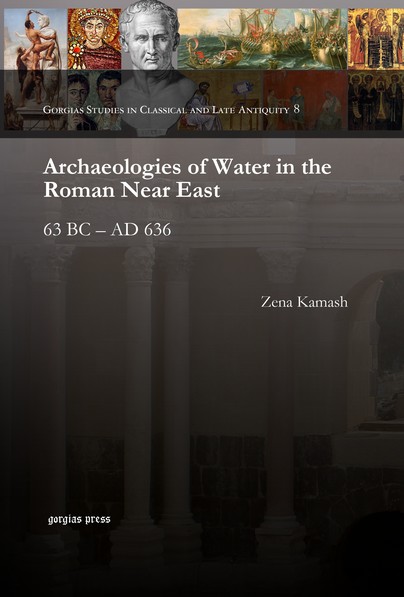
Format: Hardback
Pages: 246
ISBN: 9781611434217
Pub Date: 17 Jun 2013
Description:
Water is one of the most benign, and destructive, powers in the lives of all people, in particular in arid areas such as the Near East. This book provides an alternative way of thinking about the Roman Near East by exploring how its inhabitants managed and lived with their water supplies, especially in the wake of the Roman conquest. Through geographical, hydrological, and anthropological perspectives, this study aims to see how water can inform us about the nature of Roman Imperialism, the Roman economy, change and transformation in Late Antiquity.
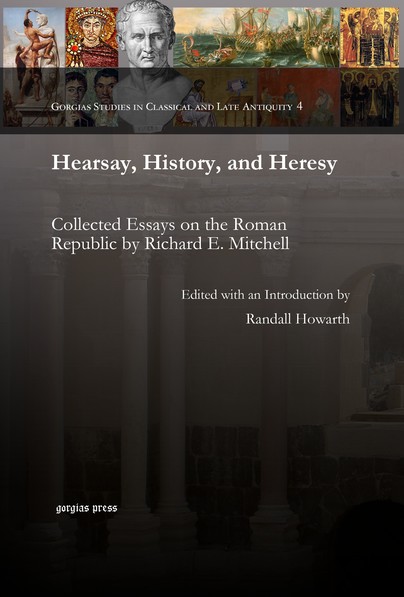
Format: Hardback
Pages: 380
ISBN: 9781593336424
Pub Date: 14 Jun 2013
Description:
A collection of articles by Richard E. Mitchell presenting all the major historiographical problems scholars encounter in reconstructing the early Republic. Mitchell was one of the first scholars to question the practice of taking the broad outlines of the accounts handed down by Roman historians (writing hundreds of years later) at face value in writing modern accounts of the period.
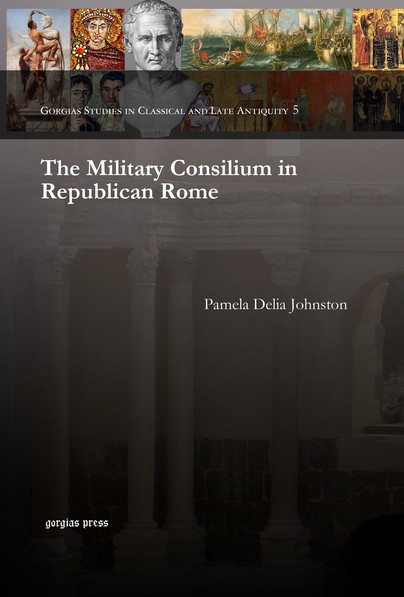
Format: Hardback
Pages: 170
ISBN: 9781593333737
Pub Date: 14 Jun 2013
Description:
The consilium, or advisory council, played an important role in the everyday activities of the Roman magistrate in his role as military commander. This work is an in-depth look at the commander's consilium from its first depicted appearances in the accounts of the legendary period to 31 BC. The concilium adapted to meet changing needs and serves to illustrate how Romans felt about their own society.
The role of the commander's consilium can be seen as a pragmatic compromise between the desire for competent leadership and personal ambition on the one hand, and the Romans' ever-present fear of tyrannical behavior on the other.
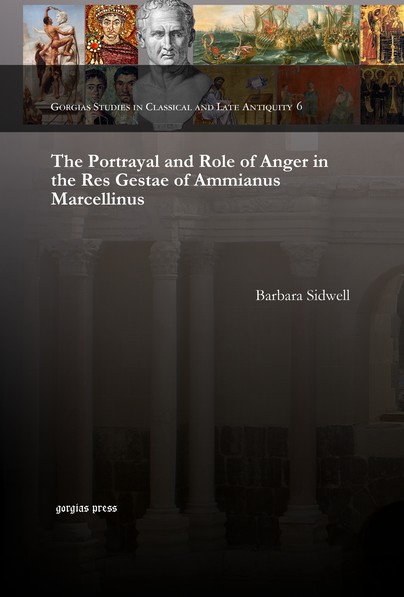
Format: Hardback
Pages: 376
ISBN: 9781607241287
Pub Date: 14 Jun 2013
Description:
Ammianus’ treatment of the emotion of anger reveals as much, if not more, about his education, values, beliefs, personality, than it does about the people he writes about. This research contributes to a greater depth of understanding of the role of the key emotion of anger within the individual and collective lives of the characters as portrayed by Ammianus Marcellinus and how he uses them to influence the reader and colour his narrative.
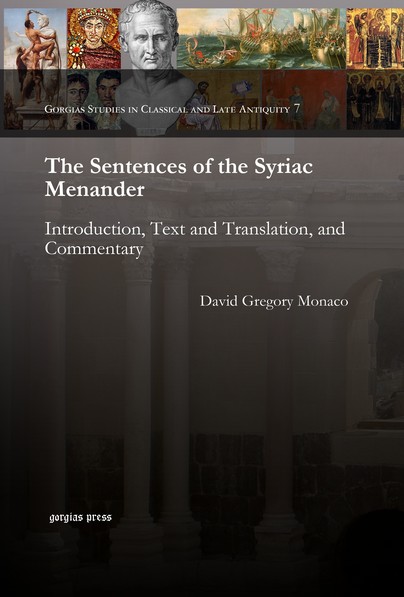
Format: Hardback
Pages: 268
ISBN: 9781611434880
Pub Date: 14 Jun 2013
Description:
The Sentences of the Syriac Menander appears in two Syriac manuscripts in the British Library, a full version in one codex, and a far shorter version, only a small fraction thereof, in another. This book presents a commentary on the text in its complete version focusing on parallels from both Jewish tradition and the Greco-Roman world, showing that the text is not, as it claims, the work of the Greek author Menander, but rather a work of Jewish Wisdom Literature composed in Syriac, possibly in the ancient city of Edessa itself, and preserved within Christian monastic circles.
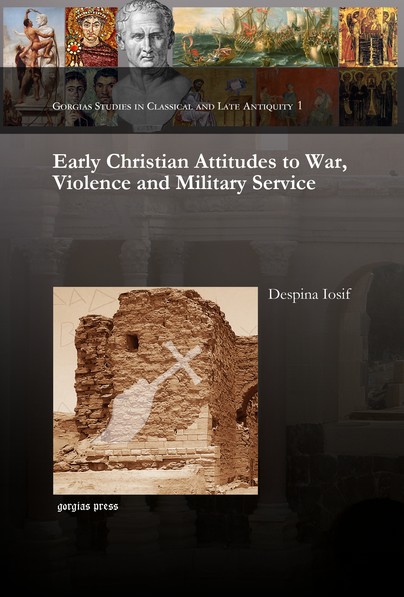
Format: Hardback
Pages: 402
ISBN: 9781611434866
Pub Date: 08 Jan 2013
Description:
The early Christians were not of one mind when it came to war, violence and military service. There was a bewildering variety of opinion as to how they understood their place in the world. It seems however that generally they did not stand apart from society.
On the contrary, they were happy to integrate and conform and they often accepted war and service in the army as activities which did not raise specific ethical problems.
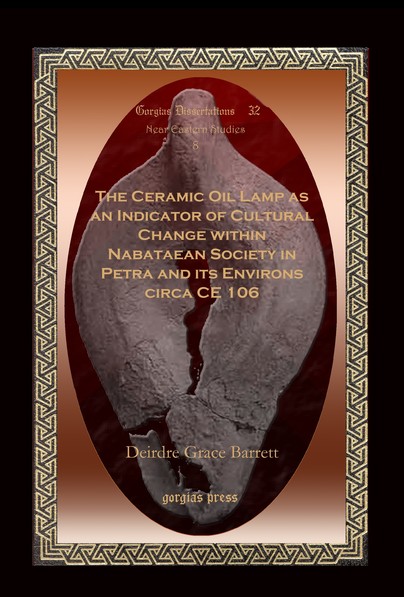
Format: Hardback
Pages: 204
ISBN: 9781593336288
Pub Date: 16 Dec 2008
Description:
How did the Nabataeans view their world at the time of the Roman annexation in CE 106? If it is possible to detect an altered perception after their monarchy was dissolved at that time, how can we be sure it was authentic and not a veneer, masking the identity of a disaffected people? One approach is to consider religious practice as a diagnostic for identity within Nabataean society.
Religious practice is examined through the ceramic oil lamp, a ubiquitous vessel that can portray socio-political and religious symbolism and cultural hybridization.











